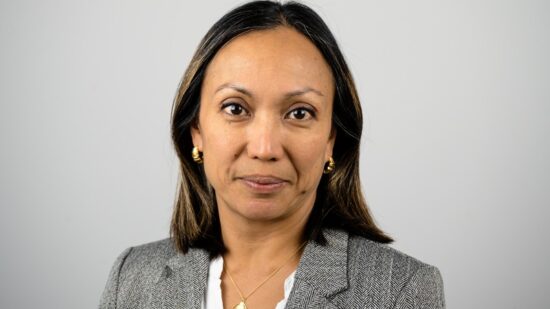However, Earl Glasgow, a partner at True Potential believes the switch to fees has in many cases brought the cost of advice down.
Having launched the wealth management arm of True Potential around 18 months ago he has seen a 285% growth in adviser numbers year-on-year and since January alone the firm has received 131 new-joiners.
Glasgow said around 42% of the recruits to have started are former high street bank advisers who have been “displaced” by the banks’ withdrawals from the mass advice market.
In total the group now has 270 wealth management partners and the average fee post-RDR has been 1.48%.
“If the FSA (now FCA) was setting up RDR to get better fees for the client, they have succeeded. I also think advisers are more productive now in order to get their service fee because they know the number of people they need to get around and what they need to do to secure it,” Glasgow said.
Going restricted in droves
The vast majority of advisers who have joined the group since RDR have chosen to offer restricted advice, and this is a trend Glasgow expects to continue. This is partly to do with the number of people joining from banks who find it easier to get their head around the restricted proposition.
In addition though, he thinks advisers are increasingly realising how hard it is to be truly independent.
“The key change has been the amount of continuing professional development (CPD) advisers are going to have to do and the amount of analysis of the market just to discount all that is not suitable for your client. I think being independent is going to be tough going forward and probably expensive to do,” he added.
If you are working on your CPD now, find out Advisers’ nine most common CPD queries and their answers here…
Just under one fifth of the advisers joining the True Potential partnership since January were previously directly authorised (DA), which Glasgow believes is a sign advisers feel they are now having to do too much to maintain their own practice.
“Five or six years ago being DA was more attractive, in the new world we are going into with the FCA taking a no-nonsense approach it is less so. We still have 800 firms we work with and support on the platform/technology side of the business, but increasingly they are coming to us and saying being DA is too much.”
How does the cost of your advice compare to the average 1.48% fee charged by True Potential partners? Would you consider giving up your DA position, if yes why? Let us know in the comments box below…







